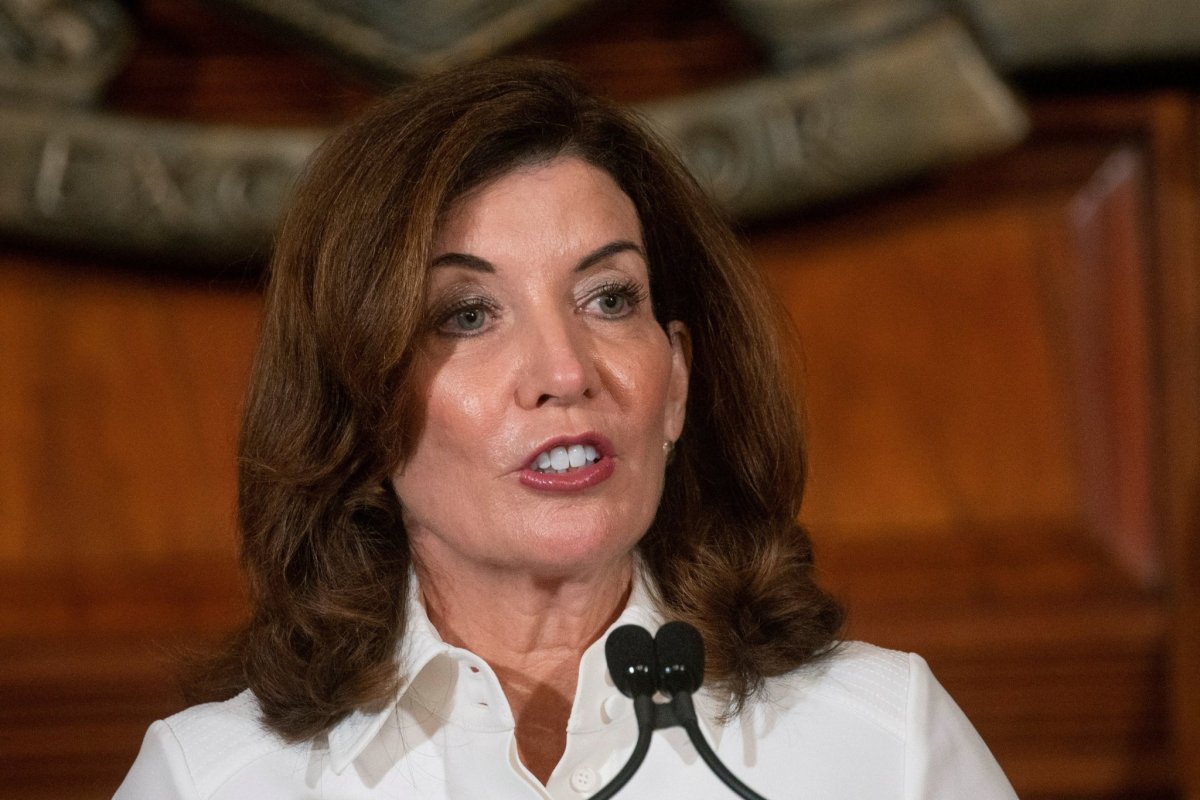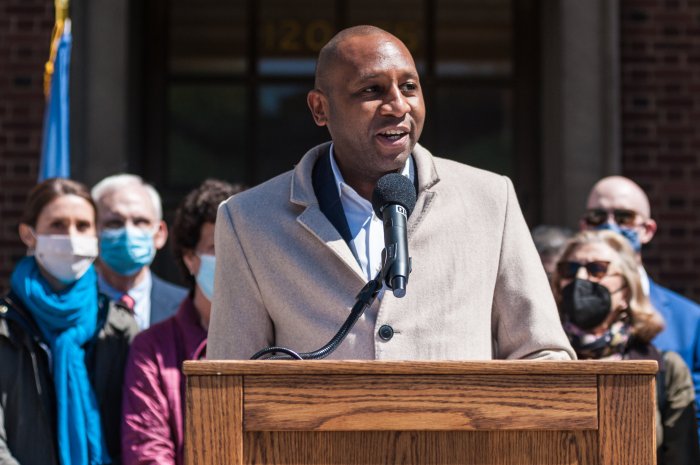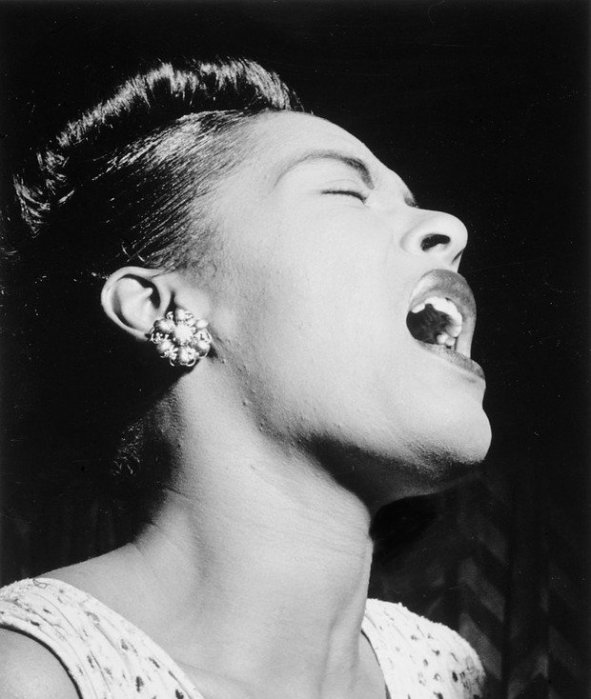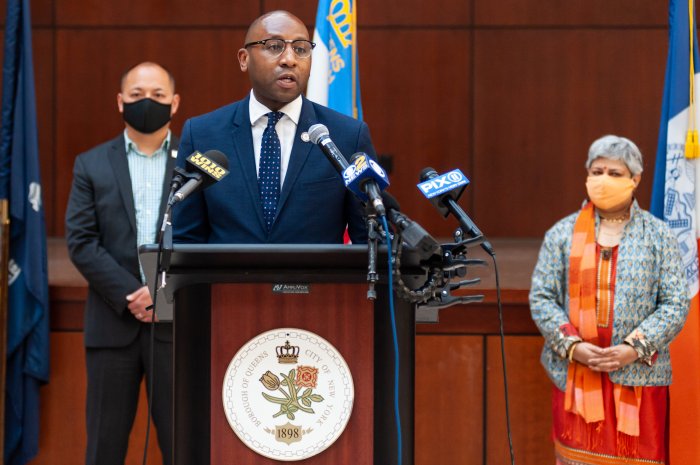Gov. Kathy Hochul announced a $27 million relief fund for excluded workers after Hurricane Ida took the lives of 13 people and left many properties in Queens destroyed.
This relief comes in an effort to reach many immigrant families who were ineligible for funds through the Federal Emergency Management Agency (FEMA) unless there was a documented child in the family.
“I realized these people are looking to us to help them rebuild their lives and we were going to have to say, ‘Sorry, you don’t qualify’? No,” Hochul said. “We’re at war with Mother Nature and we don’t leave anyone on the battlefield. We find out a way to help them regain some sort of semblance of their past life and tell them we care about them, we believe in them and we love them.”
Applications opened Sept. 27, with up to $72,000 available for New Yorkers.
“That is powerful. That’s how we start letting people know they matter in the state of New York,” Hochul said.
To get funds out the door as quickly as possible, the state is partnering with local nonprofits to assist. In Queens, there will be two sites to help people apply for relief: MinKwon Center for Community Action at 133-29 41st Ave. Suite 202 in Flushing and Make the Road at 92-10 Roosevelt Ave. in Jackson Heights.
This program drew funds from both the city and state: $20 million from the state’s emergency appropriations and $7 million from the city of New York.
Hochul gathered with many local representatives at the Queens museum today to announce the new program. The Queens representatives thanked Hochul for leading with compassion, unlike past administrations.
Congresswoman Grace Meng said she had been to funerals and watched her constituents struggle to recover what had been lost during the storm.
“The destruction that Ida had caused here in Queens has been devastating,” Meng said. “The federal government, the previous administration, was not compassionate and didn’t provide the necessary help. Our government has to be there for everyone, regardless of their immigration status.”
Assembly member Catalina Cruz thanked the governor for supporting and showing concern for the New Yorkers who can’t even vote for her.
“What you’re doing today is helping change the lives of people that can’t go to the booth, and that is commendable,” Cruz said.
Cruz added how disheartening it was when she called FEMA and heard there was no help for many of her constituents, almost 40% of whom are undocumented immigrants.
Cruz invited one of her constituents to speak about her experience during the storm. The woman spent 20 years working as a house cleaner and paying her taxes.
“The apartment is unlivable and I had to leave,” Cruz translated for the woman, who told her story in Spanish. “Thank you, governor, for doing something for us. All these years I’ve done my taxes. God is good.”
Queens Borough President Donovan Richards also thanked the governor for her help as his borough keeps getting hit the hardest crisis after crisis.
“These are folks who are just coming out of the pandemic, trying to get their lives back in order, and then to be sucker-punched during this storm really impacted communities,” Richards said.
The borough president shared his experience representing the Rockaways as a council member after Hurricane Sandy, where he said it took nearly two months before government officials visited his community.
“We had boots on the ground within the first week [after Ida], and that’s based on the leadership of our governor,” Richards said. “What differentiates Sandy from this crisis, is that we actually have leadership that stepped up.”
This fund follows another excluded workers relief program, which allocated $2.1 billion for undocumented immigrants to help them recover from the COVID-19 pandemic. Many were ineligible to collect unemployment or federal stimulus checks.
Hochul concluded the announcement by saying there is still a lot of work to do but hopes this rights the wrongs of the past.
“I believe we’ve changed people’s hearts and minds about what a community looks like in the state of New York,” Hochul said.

































